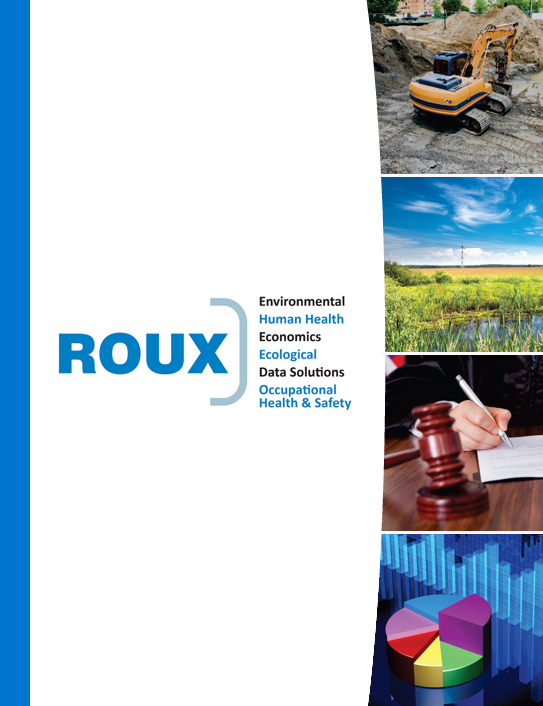J&J And Vogue Move To Dismiss Class Action Alleging Benzene Exposure From Shampoo
Johnson & Johnson Consumer, Inc. and Vogue International LLC filed a motion Feb. 8 to dismiss an Illinois federal court class action alleging the companies sold a dry shampoo product that contained benzene.
The defendants’ motion and accompanying memorandum argued that lead class member Marina Scott failed to sufficiently allege that the shampoo units she purchased actually contained benzene and that even if the shampoo that was purchased did contain Benzene, Scott failed to plead a plausible economic injury to the court. J&J and Vogue also argued that Scott did not have standing to bring a claim under Article III and asked the court to dismiss Scott’s complaint pursuant to Federal Rules of Procedure 12(b)(1) and 12(b)(6).
Scott originally filed a complaint in the U.S. District Court for the Northern District of Illinois on Dec. 15, 2022, alleging that J&J and Vogue had manufactured, distributed, and sold dry shampoo products that contained dangerously high levels of carcinogenic benzene. The complaint stated that because benzene was an ingredient the in the products it was misbranded, unsafe, and illegal to sell under state and federal law.
The complaint pointed to testing done in October 2022 by private laboratory Valisure, that allegedly showed a multitude of dry shampoo products illegally contained benzene. Valisure filed a petition with the U.S. Food and Drug Administration (FDA) claiming to have detected benzene in a subset of dry shampoo products. The petition by the FDA prompted Scott to file a complaint on behalf of herself and other similarly situated plaintiffs arguing that even though she had not sustained any personal injury, she was deprived of the benefit of her bargain.
Scott claims that J&J and Vogue had violated the Illinois Consumer Fraud and Deceptive Trade Practices Act (IFCA) as well as other state consumer fraud acts. The lawsuit sought to include a class of all persons in the United States who purchased the products with applicable statute of limitations periods.
In response, J&J and Vogue seek dismissal of the case by the Illinois federal court arguing, among other things, that Scott has failed to sufficiently plead an injury-in-fact and lacks standing under the IFCA and other statutes to bring a viable claim.
According to J&J and Vogue’s memorandum supporting the defendant’s motion to dismiss the case, “…even assuming Scott purchased canisters of dry shampoo that contained a measurable amount of benzene, she fails plausibly to plead that this qualifies as an actual benefit-of-bargain injury. Defendants did not promise that their dry shampoo would be 100% benzene free. And for good reason: benzene is omnipresent in trace amounts, including in the air we breathe and the water we drink. At most, Defendants implicitly promised that their OGX products would not contain benzene at levels that pose an actual danger to human health. But the Complaint fails to plead beyond the conclusory level that benzene is an actual health risk when found in dry shampoo at any of the levels mentioned in Valisure’s test results.”
Available documents include Scott’s complaint, the defendant’s motion to dismiss, and the memorandum in support.
